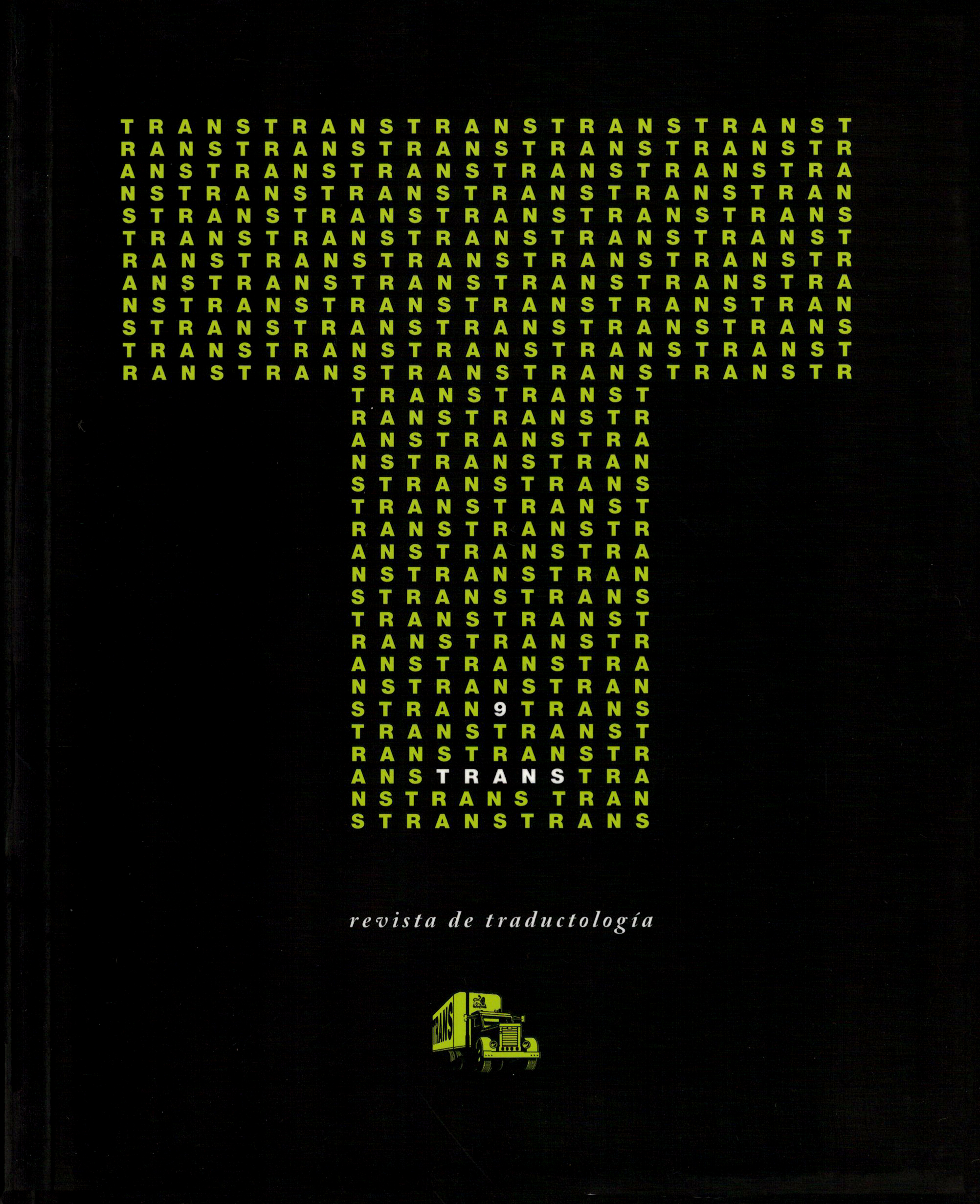La esencialización de la cultura y sus consecuencias en los estudios de traducción
DOI:
https://doi.org/10.24310/TRANS.2005.v0i9.2999Keywords:
traducción y cultura, estudios de traducción, estudios culturales, traducción poscolonial.Abstract
En este artículo se pretende poner de manifiesto la artificialidad que supone categorizar las personas en culturas, concebidas éstas como unidades con fronteras nacionales bien delimitadas. Desde esta perspectiva, la cultura es un ente estable que determina ontológicamente todos los fenómenos que acontecen en su seno al imprimirles una esencia compartida por todos ellos. Tras analizar algunas de las consecuencias que este concepto de cultura entraña en la teoría y la práctica de la traducción, se propone la posibilidad de prescindir de dicho concepto durante el proceso traslativo. Si el proceso de traducción deja de enfocarse como un contacto entre dos culturas preexistentes, creemos que se conseguirá un análisis más matizado de los rasgos característicos del texto original.
Downloads
Metrics
Publication Facts
Reviewer profiles N/A
Author statements
Indexed in
-
—
- Academic society
- N/A
- Publisher
- Universidad de Málaga
Downloads
Published
How to Cite
Issue
Section
License
All contents published in TRANS. Revista de Traductología are protected under the Creative Commons Attribution-NonCommercial-ShareAlike 4.0 International (CC BY-NC-SA 4.0) license. All about this license is available in the following link: <http://creativecommons.org/licenses/by-nc-sa/4.0>
Users can copy, use, redistribute, share and exhibit publicly as long as:
- The original source and authorship of the material are cited (Journal, Publisher and URL of the work).
- It is not used for comercial purposes.
- The existence of the license and its especifications are mentioned.
- ShareAlike — If you remix, transform, or build upon the material, you must distribute your contributions under the same license as the original.
There are two sets of authors’ rights: moral and property rights. Moral rights are perpetual prerogatives, unrenounceable, not-transferable, unalienable, imprescriptible and inembargable. According to authors’ rights legislation, TRANS. Revista de Traductología recognizes and respects authors moral rights, as well as the ownership of property rights, which will be transferred to University of Malaga in open access.
The property rights are referred to the benefits that are gained by the use or the dissemination of works. TRANS. Revista de Traductología is published in an open access form and it is exclusively licenced by any means for doing or authorising distribution, dissemination, reproduction, , adaptation, translation or arrangement of works.
Authors are responsable for obtaining the necessary permission to use copyrighted images.













21.png)
